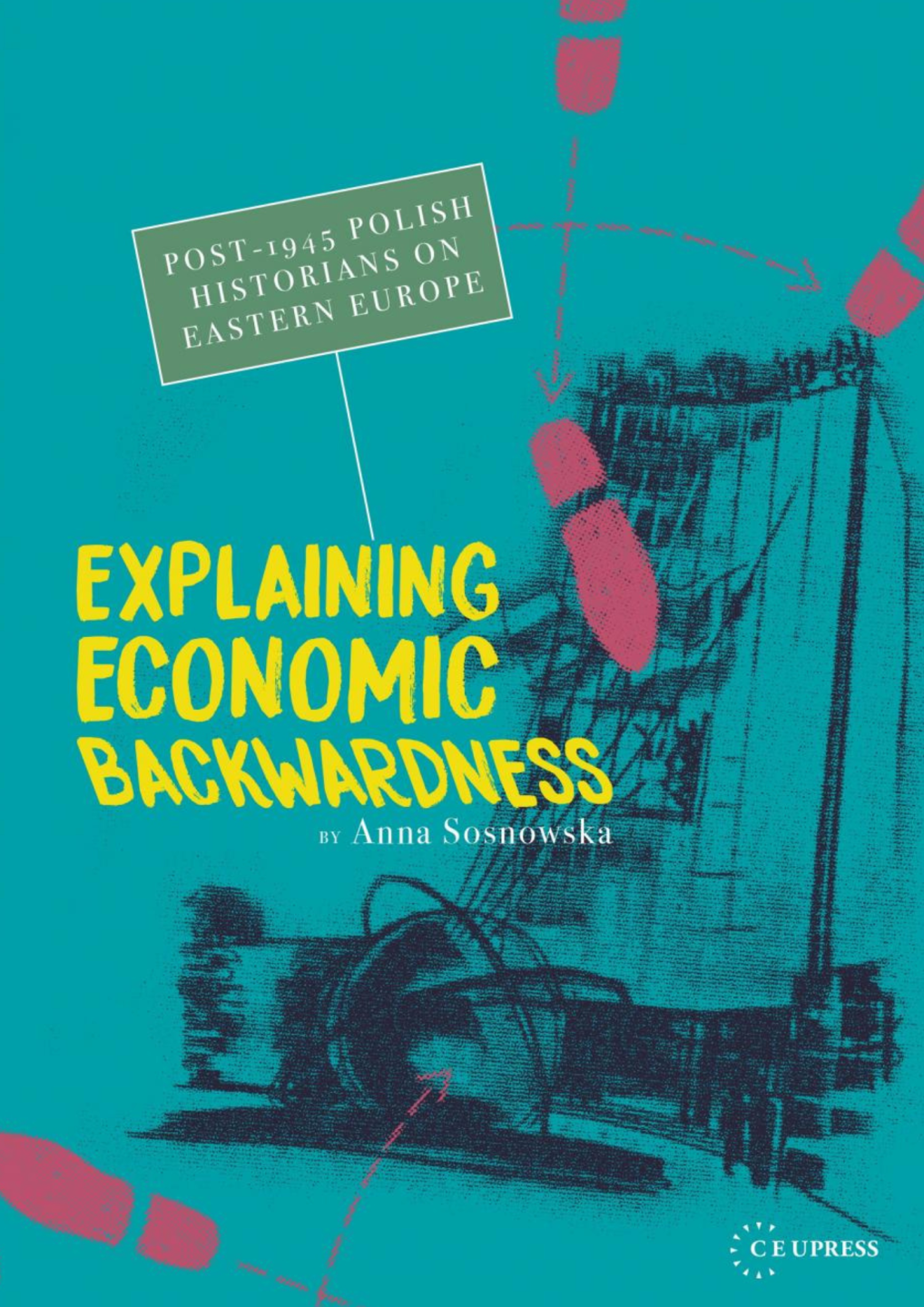Publications
Our Faculty’s vibrant research is often published with major publishing houses and journals. We publish monographs, edited volumes, and articles.
Recent books
Below, you will find our faculty’s most recent books. For other publications, please visit Faculty’s personal profiles.
Barbara Hammer in the Seventies: Or, What a Body Can Do
Krystyna Mazur (2025)
Barbara Hammer in the Seventies: Or, What a Body Can Do addresses the intersection of experimental film, lesbian sexuality, and the women’s movement in Hammer’s early films. Grounded in an embodied, sexual, and gendered positionality, these films interrogate the politics of visibility and identity and perform a discontinuous repertoire of lesbian images that resist the medium of film’s established constraints and the decade’s broader systems of signification.

Political Community, Foundings and Indigenous Peoples. A Case Study of Chiapas’ Lacandon Community
Hector Calleros (2024)
This book contributes to the understanding and conceptualisation of the place of indigenous peoples in contemporary political systems by presenting and examining a case study of the Comunidad Zona Lacandona (Lacandon Community or LC), located in Chiapas (Mexico). The author explores the concept of ‘political community’ in relation to such an indigenous community. The case study provides a foundation for understanding and conceptualising the constitutive elements of a political community: a people, a territorial base, and forms of social, cultural, economic and political organisation.
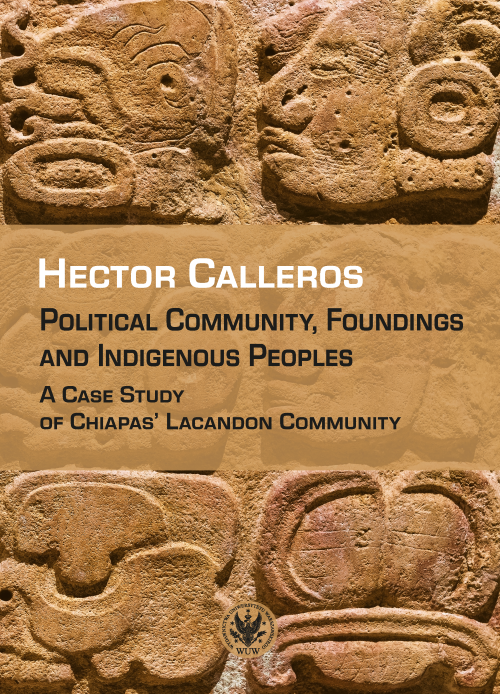
Soviet-Born. The Afterlives of Migration in Jewish American Fiction
Karolina Krasuska (2024)
Entering an immigrant, Soviet-born standpoint creates an alternative and sometimes complementary pattern of how the Eastern and Central European past and present resonate with American Jewishness. The novels, short stories, and graphic novels considered here often stage strikingly fresh variations on key older themes, including cultural geography, the memory of World War II and the Holocaust, communism, gender and sexuality, genealogy, and finally, migration. Soviet-Born
This book is also freely available online as an open-access digital edition.
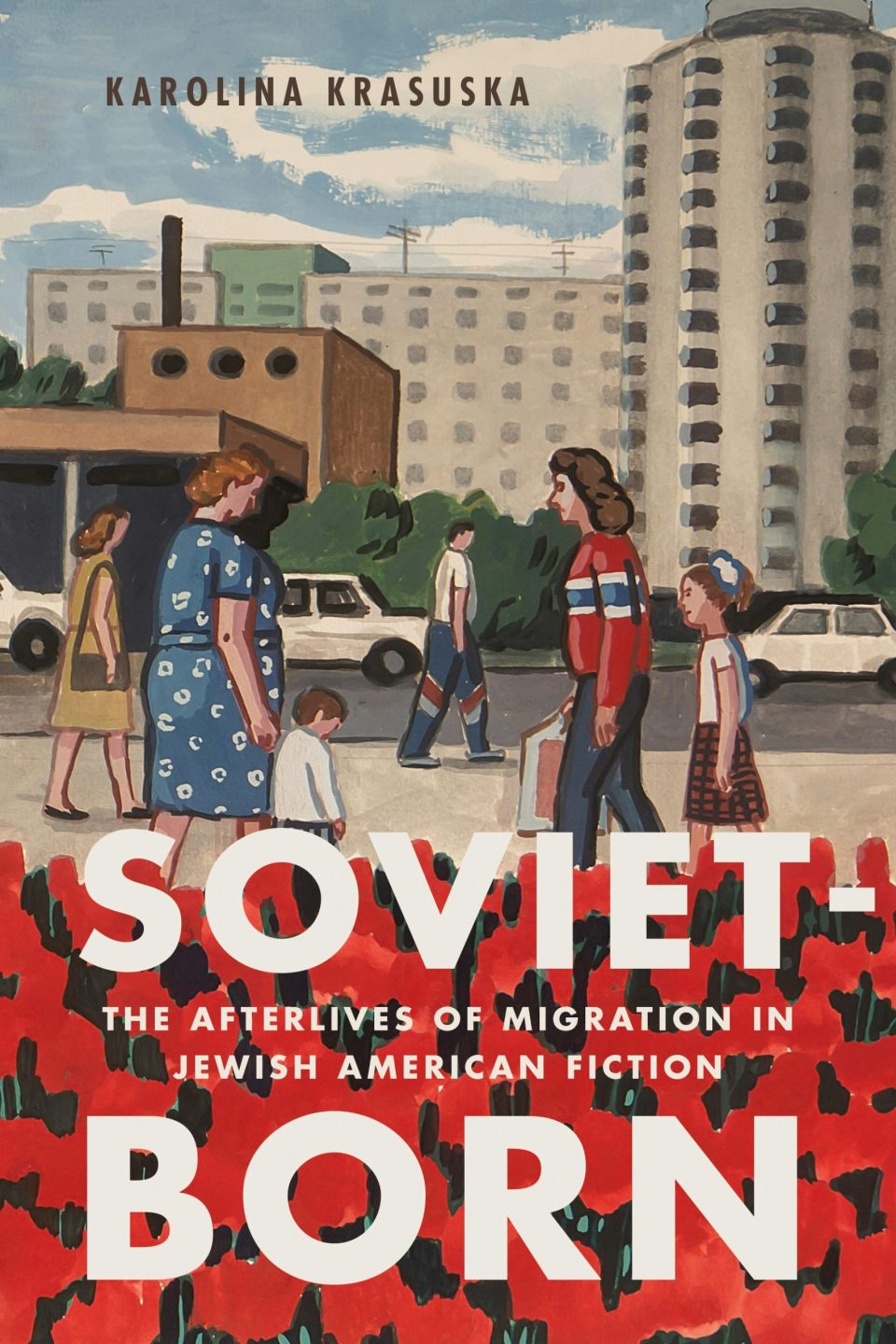
Robert Lowell in Context
Thomas Austenfeld, Grzegorz Kość (editors) (2024)
Robert Lowell was one of the most influential American poets of the 20th century. This volume explores the various contexts of Lowell’s life and work and evaluates his oeuvre from new perspectives. Individual chapters address his relation to the South, his religious evolution, aspects of his marriages and private life, his bipolar disorder seen through new theories of mental illness, his work as a letter writer and a connoisseur of art and photography. The book also introduces new parameters for a contemporary study of Lowell, commenting on current debates about race and privilege, feminism, ecoconsciousness, his engagement with the natural environment as well as his friendships with Randall Jarrell and Robert Penn Warren.
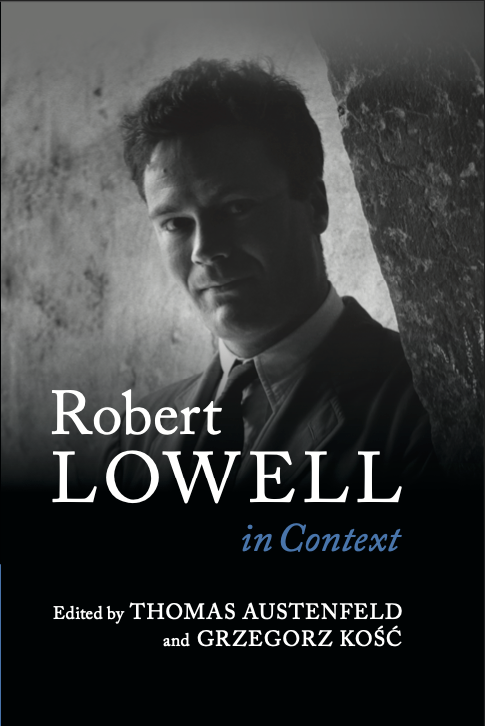
House of Horrors: Familial Intimacies in Contemporary American Horror Fiction
Agnieszka Kotwasińska (2023)
This is a study of tumultuous transformations of kinship and intimate relationships in American horror fiction over the last three decades. Twelve contemporary novels (by ten women writers and two whose work has been identified as women’s fiction) are grouped into four main thematic clusters – haunted houses; monsters; vampires; and hauntings – but it is social scripts and concerns linked directly to intimacy and family life that structure the entire volume. By drawing attention to how the most intimate of all social relationships – the family – supports and replicates social hierarchies, exclusions, and struggles for dominance, the book problematises the source of horror.
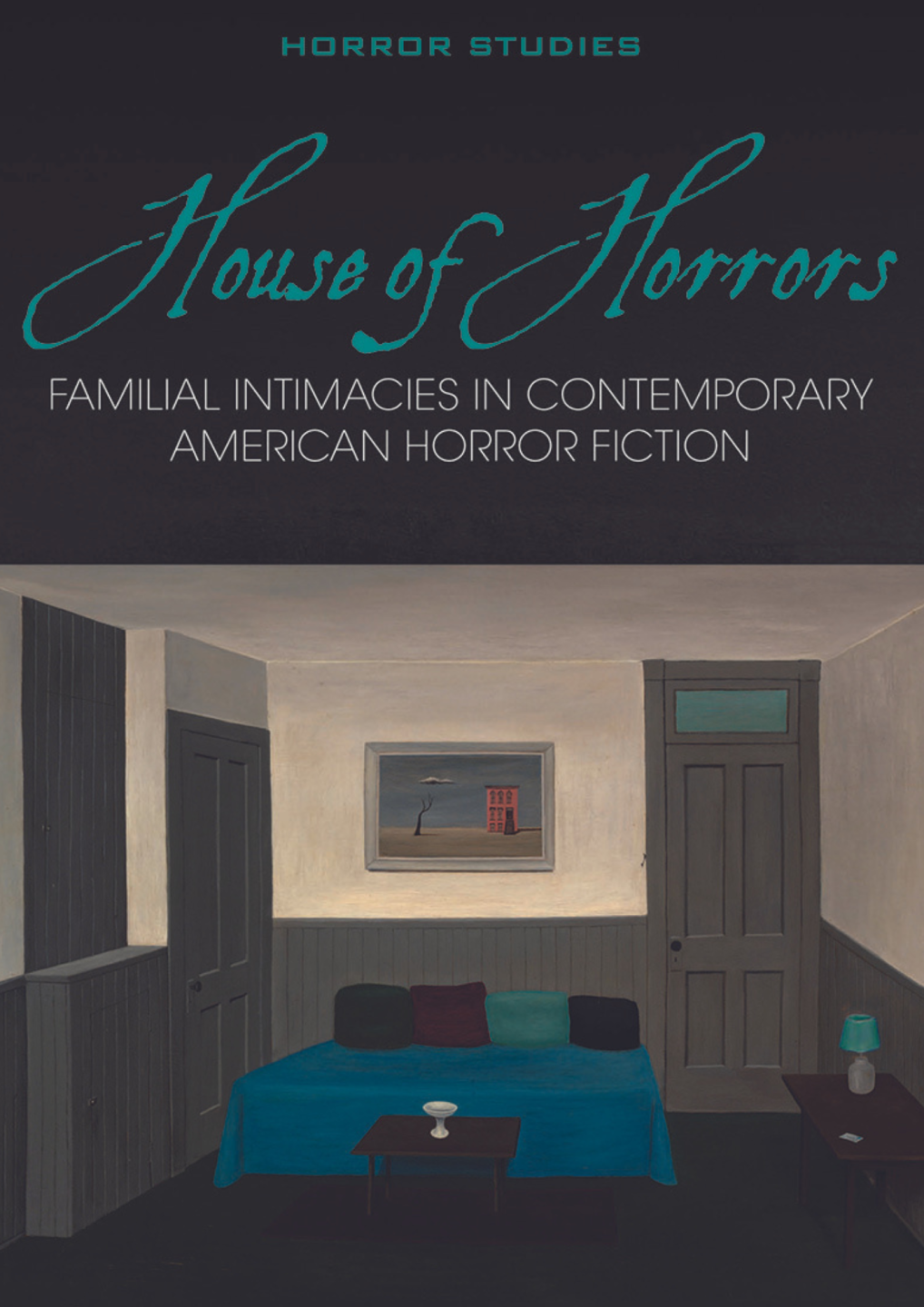
Refusing to be Forgotten: Southern Conservatism and the Political Thought of M. E. Bradford
Marcin Gajek (2023)
Considered by many the most talented continuator of the Nashville Agrarians, Melvin E. Bradford occupies a special place in the history of modern Southern conservatism. He challenged established views of the founding, nature, and political tradition of the American Union and, most controversially, the “myth” of Abraham Lincoln. His writings provided vitality and intellectual weight to the Southern conservative tradition. Bradford’s scholarship can significantly contribute to a more multifaceted and nuanced understanding of American history, tradition, and identity. This book is the first comprehensive analysis of Bradford’s political thought.
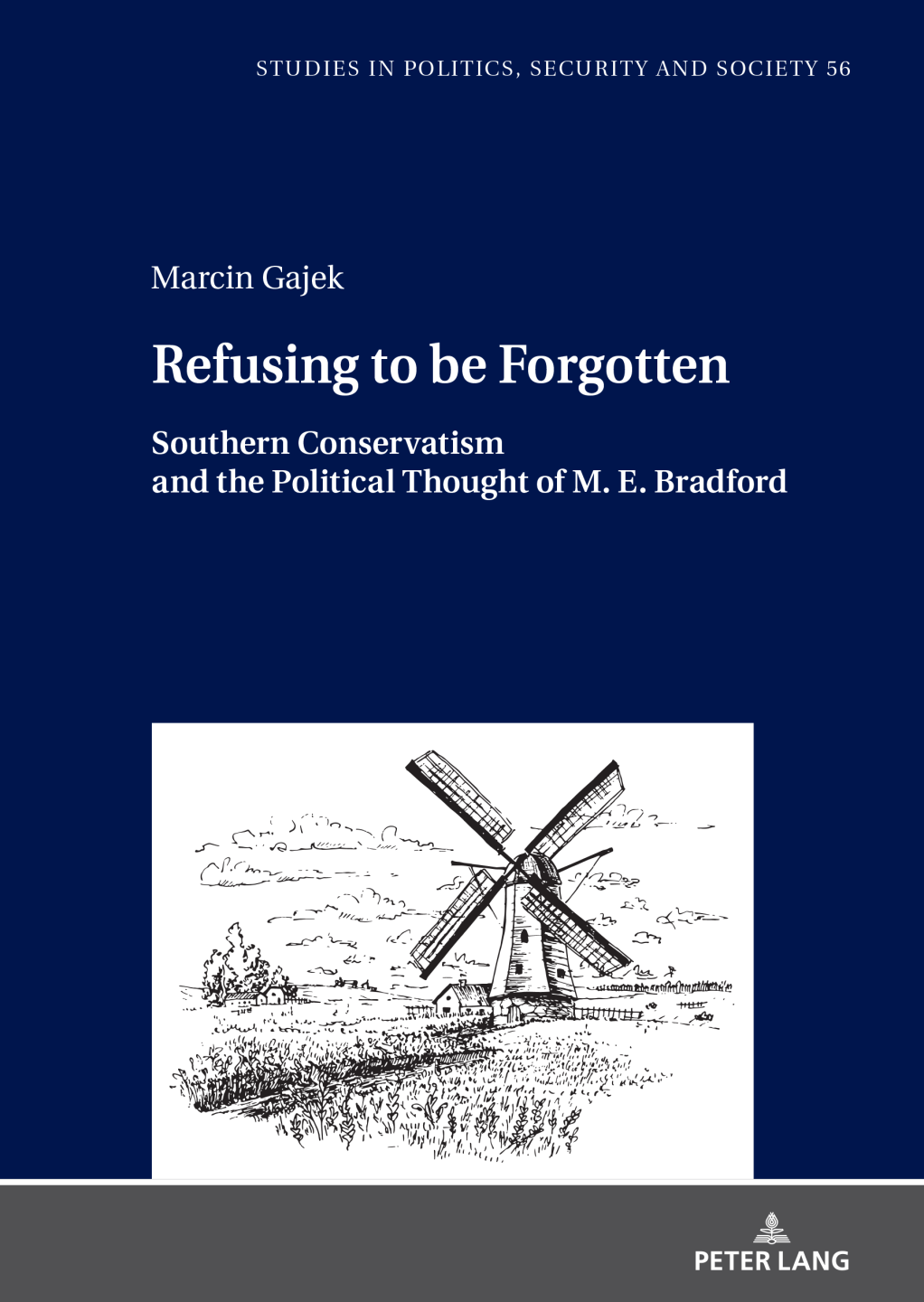
Food, Consumption, and Masculinity in American Hardboiled Fiction
Marta Usiekniewicz (2023)
This publication draws on three related bodies of knowledge: crime fiction criticism, masculinity studies, and the cultural analysis of food and consumption practices from a critical eating studies perspective. In particular, this book focuses on food as an analytical category in the study of tough masculinity as represented in American hardboiled fiction. Through an examination of six American novels, this book comments on the gradual process of redefining consumption and consumerism in America, which traditionally has been coded as feminine. Usiekniewicz shows that food and eating also reflect power relations and larger social and economic structures connected to class, gender, geography, sexuality, and ability, to name just a few.

Mosty wzajemnego zrozumienia. Wizyta Billy’ego Grahama w Polsce w październiku 1978 roku
Włodzimierz Batóg (2022)
The publication discusses the visit of the American preacher Billy Graham to Poland in 1978, presenting its circumstances, course and results. It analyses the causes of the invitation issued by the Polish Baptist Church as well as the attitudes towards it adopted by other Protestant churches, Catholic Church and the authorities of the Polish People’s Republic. It also shows religious relations in Poland and in the world in the 1970s and American presence in communist countries made possible through unconventional methods.
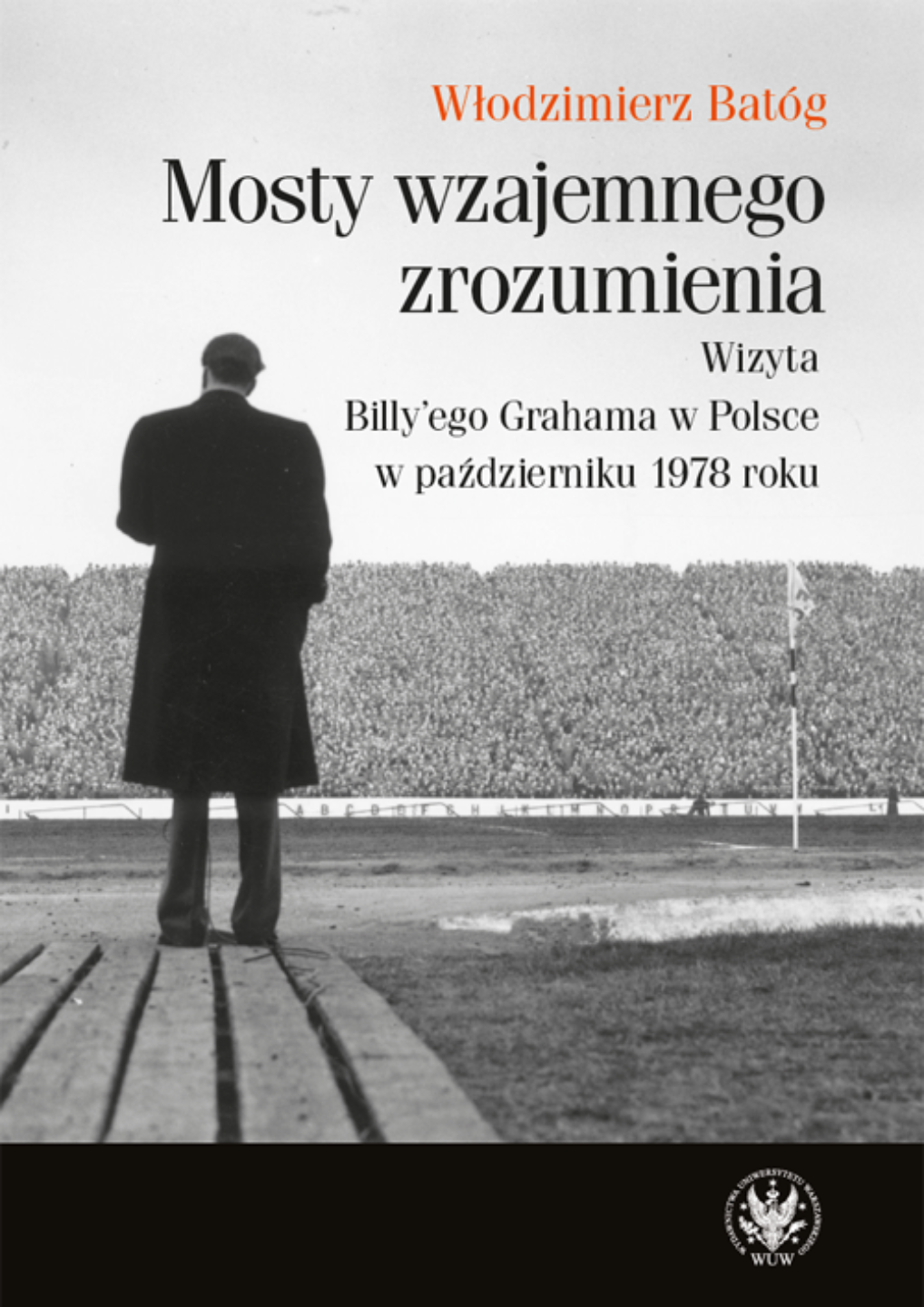
Robert Lowell, Memoirs
Steven Gould Axelrod, Grzegorz Kosc (editors) (2022)
The publication comprises a complete collection of Robert Lowell’s autobiographical prose, from unpublished writings about his youth to reflections on the triumphs and confusions of his adult life. Meticulously edited by Steven Gould Axelrod and Grzegorz Kosc, it serves as a precursor or companion to his groundbreaking book of poems Life Studies, which signaled a radically new prose-inflected direction in his work, and indeed in American poetry. Memoirs also includes intense depictions of Lowell’s mental illness and his determined efforts to recover. It concludes with Lowell’s reminiscences of other writers, among them T. S. Eliot, Robert Frost, Ezra Pound, John Berryman, Anne Sexton, Hannah Arendt, and Sylvia Plath. It provides striking new evidence of the range and brilliance of Lowell’s achievement.
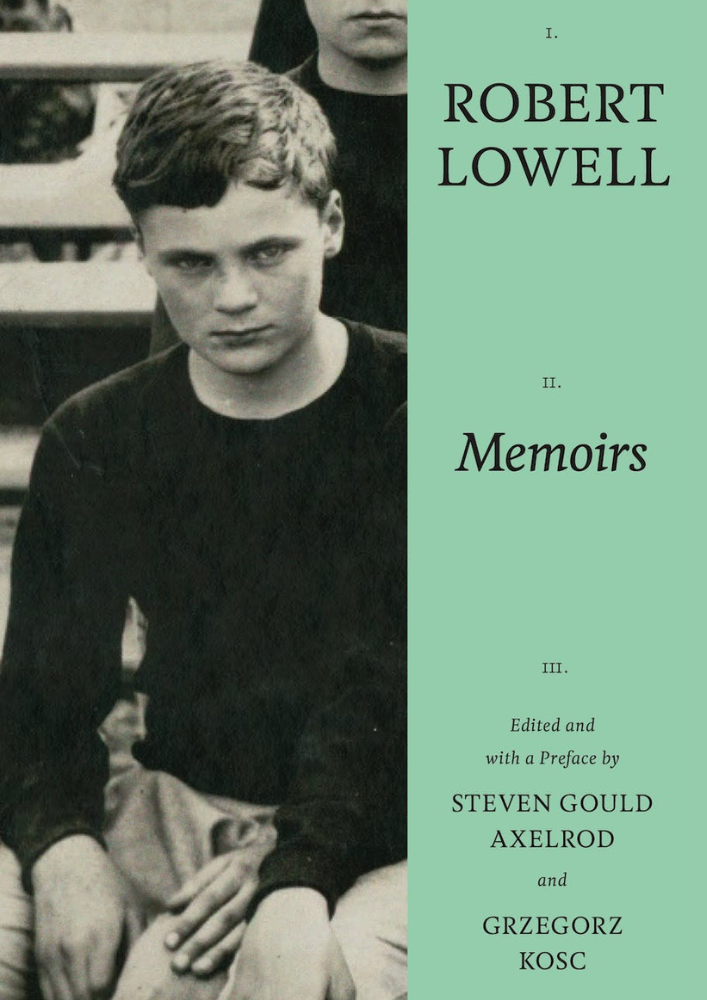
Babilon. Kryminalna historia kościoła
Stanisław Obirek, Artur Nowak (2022)
The book shows a church siding with the latifundists, a church that was frightened by the simple truth preached by liberation theology, a church corrupted by the rulers and embroiled in political wars, a church terrified by the vision of a synod in which the faithful will decide as much as the priests. Finally, a church that hates women. The book reveals some of the horrifying facts, charting the criminal history of a church that looted and murdered victims of colonial oppression in Canada, apprenticed women in Ireland to rape culture, cynically told through the mouth of the “holy” Mother Teresa that suffering sanctifies so it should never be relieved, and dehumanized homosexuals.

Gomora. Pieniądze, władza i strach w polskim Kościele
Stanisław Obirek, Artur Nowak (2021)
The book presents a detailed analysis of the institution of the Church to expose it from its ornate robes, revealing the scurrilous essence hiding underneath. It deals with pathologies and corrupt system in the Polish church, unaccounted crimes, including pedophiles, lack of control over finances, arbitrariness of promotions, exclusion of women, feudal model of power, sexual scandals, hypocrisy. The authors draw on their own observations and experiences, as well as conduct numerous interviews with clergy, trying to answer the question that often arises: is the Polish Church capable of reform?

Anti-Gender Politics in the Populist Moment
Agnieszka Graff, Elżbieta Korolczuk (2021)
The book examines the new phase of global struggles around gender equality and sexual democracy: the ultraconservative mobilization against “gender ideology” and feminist efforts to counteract it. It argues that anti-gender campaigns, which emerged around 2010 in Europe, are not a simple continuation of earlier trends (backlash), but part of a new political configuration: the rise of right-wing populism and its opportunistic synergy with religious fundamentalism.
The book was awarded The Bronislaw Malinowski Award in the Social Sciences from the Polish Institute of Arts and Sciences of America.

Poradzieckie. Najnowsza migracyjna literatura żydowska w Stanach Zjednoczonych
Karolina Krasuska (2021)
Sovietness and Americanness are two realms that rarely overlap in Polish imaginations, but rather are constantly based on post-Cold War binarism. Meanwhile, the literature that is the subject of this book confronts images, myths and phantasms about the United States on the one hand, and Russia and the Soviet Union on the other. Looking at the problem of dialogue or sometimes conflict between traditional American Jewishness and the perspective and value system of Soviet and post-Soviet Jewish migrants allows to include a whole range of cultural, social, political and historical threads in the analyzed area. Among other things, the book discusses the shifting paradigm of ethnicity in the context of immigration and the impact of social norms and nationality stereotypes on attitudes toward the body and sexuality.
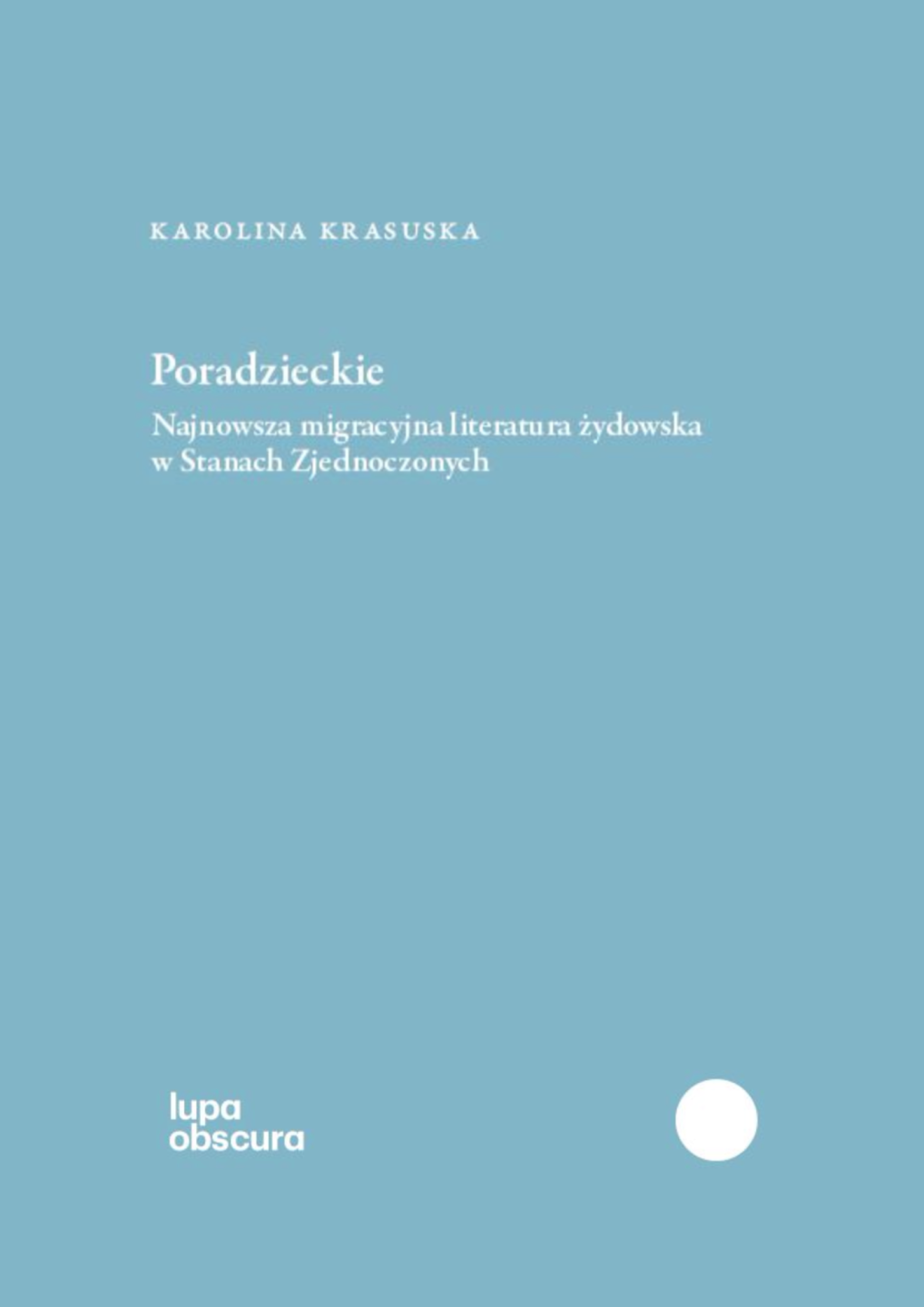
Polak katolik po przejściach
Stanisław Obirek (2021)
In this book, Stanislaw Obirek, facing the same problems that the entire Polish Church, asks many troubling questions: does a Pole-Catholic have to be an anti-Semite, condone bigotry and be a prisoner of the past all the time? Is there still hope for a Christianity that is more open, sensitive, capable of dialogue, understanding and kind? Obirek’s reflections, although controversial for many, are part of the religious pluralism and the process of seeking the fullness of catholicity. This is a new edition, supplemented by an eighty-page introduction of the book published in 2015, Pole-Catholic? The six years that have passed since the first edition have been fraught with important events both for the world and for the Catholic Church, and finally for Polish Catholicism, which continues to be the subject of Obirek’s concern.

Party Machine, Political Corruption and Urban Reform in the Progressive Era (1880-1920)
Bohdan Szklarski (2021)
This book explores the development of party machines treated here as social institutions shaped by urbanization and industrialization after the Civil War. It delves into the relations between the party organization via local bosses with the mass of its poor clients, to show how the mechanism of social exchange become a formula for machine’s power resting on techniques of control, corruption, and electoral entrepreneurship. The study also examines how middle-class reformers, incited by investigative journalists, embark on campaigns to replace politics of interest and personal ambition in city affairs with rational management of assets in the hands of professional experts. Through the clash between bosses and reformers, the book captures the ongoing conflict between different visions of democracy.
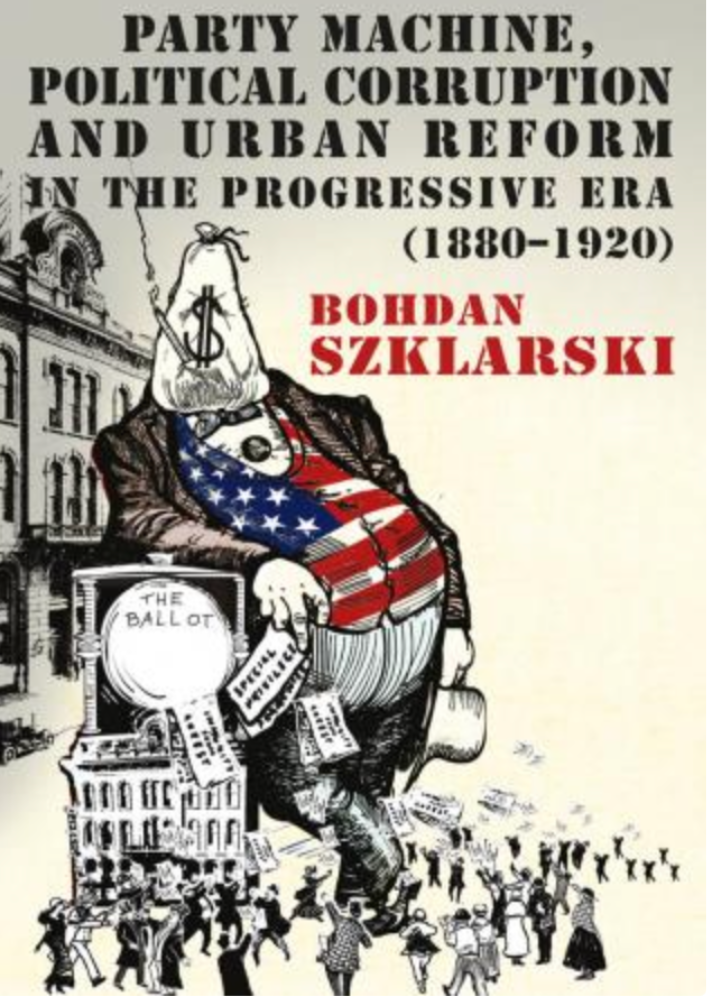
Świat bez kobiet. Płeć w polskim życiu publicznym
Agnieszka Graff (2021)
The new edition of the book includes several essays from recent years: on national obsessions around sexuality, Polish Catholicism and the women’s revolt. Twenty years have passed since the first edition; much has changed for the better, but just as much for the much worse. Today we are experiencing the apogee of the processes, which Agnieszka Graff had diagnosed back then. The book addresses the social role and place of women in Poland by examining various forms of gender discrimination and inequality, as well as its consequences.
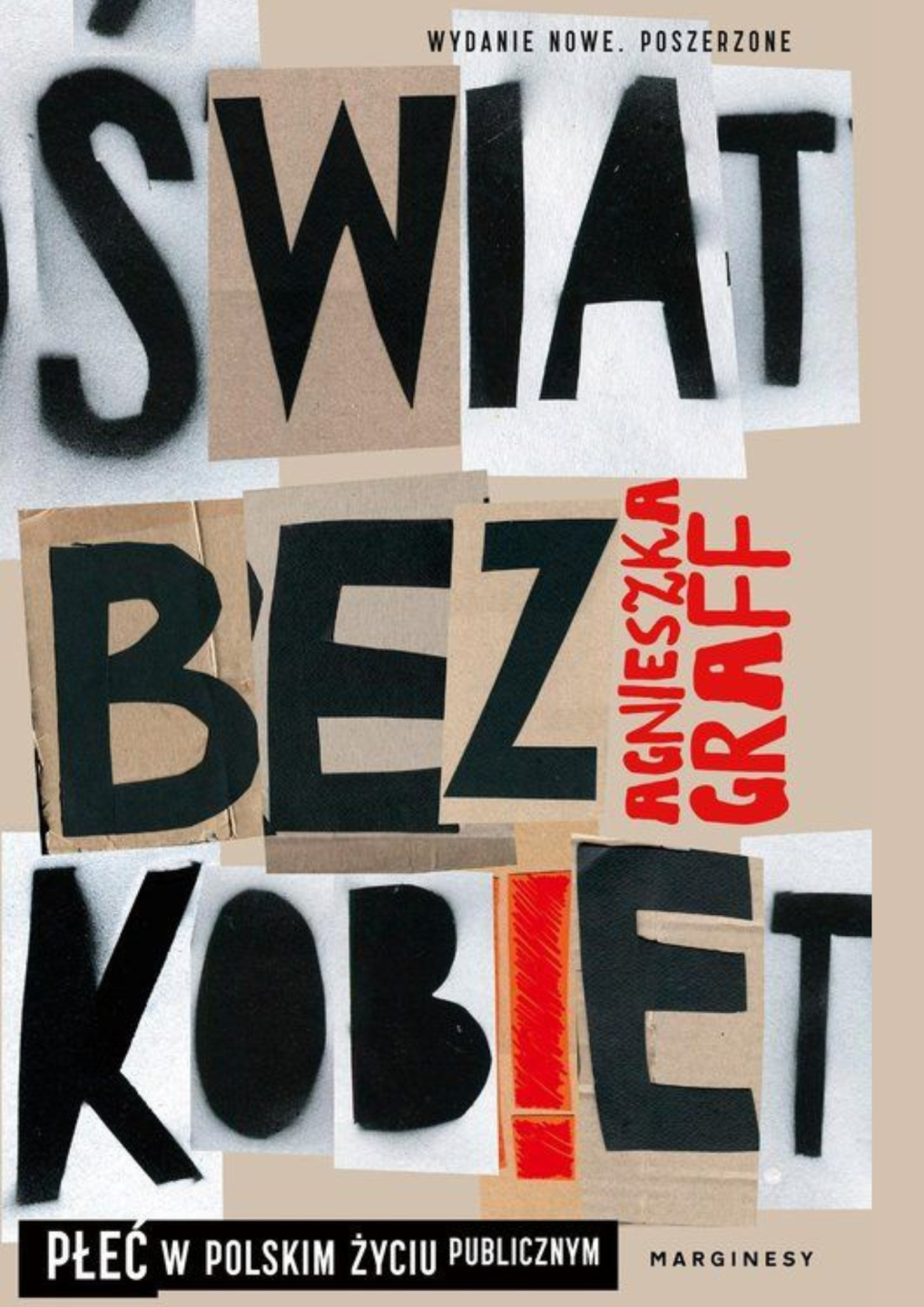
Failed Leadership
Manifestations and causes of failed leadership have attracted little systematic scientific reflection. This collection of articles brings readers’ attention to “failed leadership” aspects encompassing business, political, social, philosophical, psychological and historical perspectives presented. An international group of authors, ranging from academicians to business practitioners. The reader will find both advanced theoretical analyses as well as descriptions of real-life cases of failed leadership across time and different geographies. The publication revolves around critical questions, including: “Is failure a flip side of success?”, “How to measure failure?”, “How much does it depend on historical, cultural or situational contexts?”, or “Is failure recoverable?”
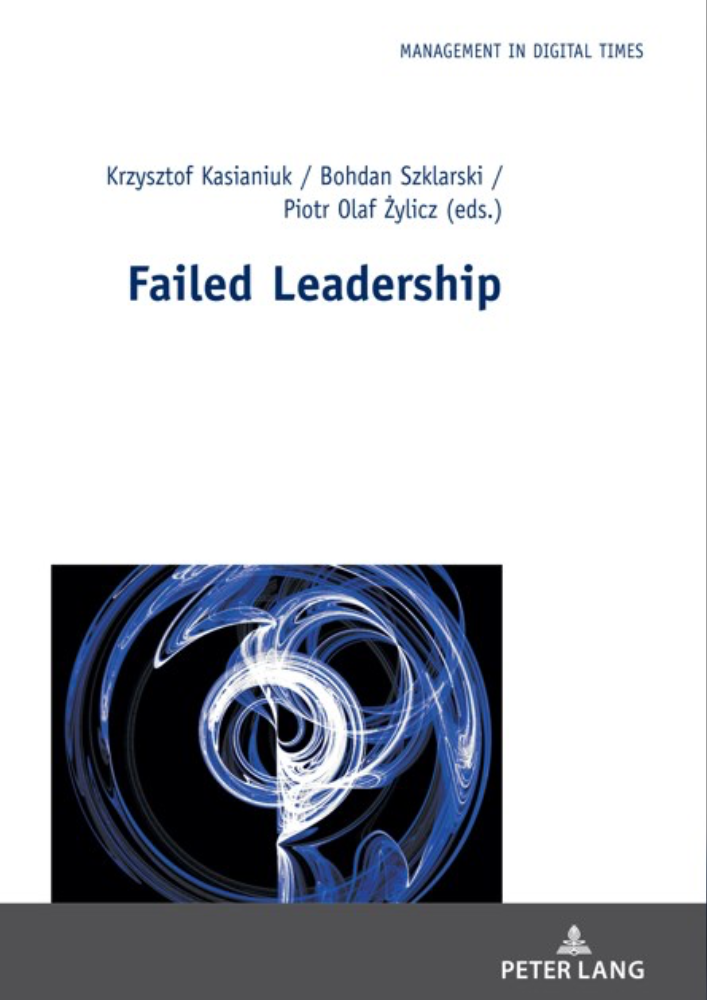
Global Catholicism, Tolerance and the Open Society. An Empirical Study of the Value Systems of Roman Catholics
Stanisław Obirek, Arno Tausch (2020)
This book systematically assesses the political and social values of Catholics around the globe, by far the largest denomination of Western Christianity. Based on an extensive analysis of data, the book sheds new light on the value systems and opinions of Roman Catholics. The authors highlight core problems and challenges the Church is currently facing in adapting to the modern world, including Catholic anti-Semitism, religious and sexual tolerance, and opinions towards democracy, while also offering an anthropological reflection on how well the Church is adapting or failing to adapt to the requirements of an open society.

Wąska ścieżka. Dlaczego odszedłem z Kościoła
Stanisław Obirek, Artur Nowak (2020)
In a conversation with Artur Nowak, Stanislaw Obirek – a former Jesuit, talks about his life. It provides a glimpse into the life of Professor Obirek, a cultural anthropologist, theater scholar, theologian, and historian, as well as fascinating encounters and unique relationships with such figures as Lem, Różewicz, Kołakowski, Tischner and Bauman. The book combines autobiographical themes with deep reflection on what has been happening to the Polish Church in recent years. It is an opportunity to look at the Polish Pope from a different perspective than the dominant one in Poland, one that is more cool, factual and critical.

London and the Modernist Bookshop
Matthew Chambers (2020)
The modernist bookshop, best exemplified by Sylvia Beach’s Shakespeare & Co. and Harold Monro’s Poetry Bookshop, has received scant attention outside these more prominent examples. This writing will review how bookshops like David Archer’s on Parton Street (London) in the 1930s were sites of distribution, publication, and networking. Parton Street, which also housed Lawrence & Wishart publishers and a briefly vibrant literary scene, will be approached from several contexts as a way of situating the modernist bookshop within both the book trade and the literary communities which it interacted with and made possible.
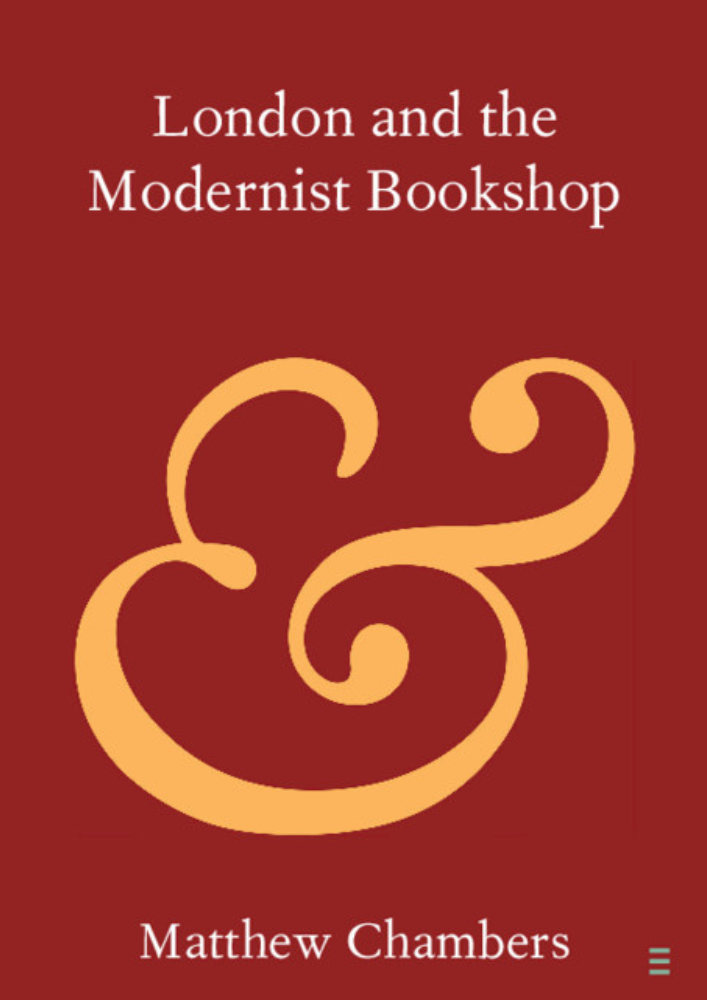
Economic Détente and Its Discontents – The Uses of Trade in Superpower Politics in 1970s
Bohdan Szklarski (2020)
This book is a valuable synthesis of relations between USA and USSR in the 1970s seen through the prism of trade relations which Washington used for two distinctive purposes: as a “reward” mechanism encouraging cooperation, or conversely, as a tool of “punishment” in response to undesired activities. Such an instrumental approach to economic issues in the 1970s was not anything new in American foreign policy. The analysis of American trade policy – based on two case studies: the granting of the Most Favored Nation Status with the Jackson-Vanik Amendment (reward) and the imposition of economic sanctions after the Soviet invasion of Afghanistan (punishment) – serves the author as an ideal pretext to discuss linkages between foreign and domestic spheres of politics and the intermestic nature of issues in international relations.
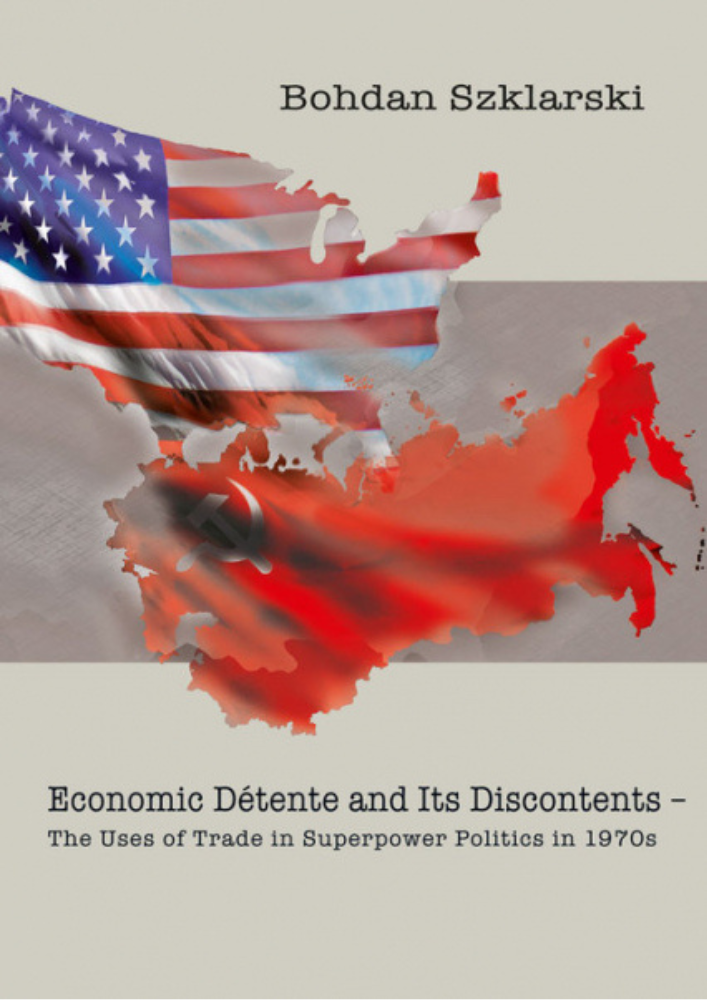
Explaining Economic Backwardness. Post-1945 Polish Historians on Eastern Europe
Anna Sosnowska-Jordanovska (2019)
This book covers an exciting episode in the intellectual history of Europe: the vigorous debate among leading Polish historians on the sources of the economic development and non-development, including the origins of economic divisions within Europe. The work covers nearly fifty years of this debate between the publication of two pivotal works in 1947 and 1994, providing an insightful interpretation of how local and generational experience shaped the notions of post-1945 Polish historians about Eastern European backwardness, and how their debate influenced Western historical sociology, social theories of development and dependency in peripheral areas, and the image of Eastern Europe in Western, Marxist-inspired social science.
